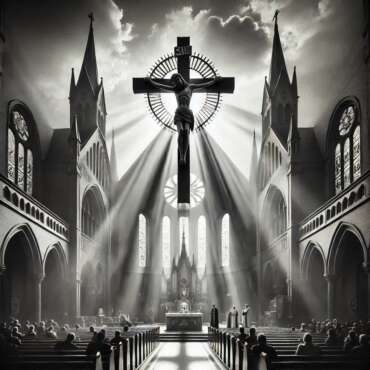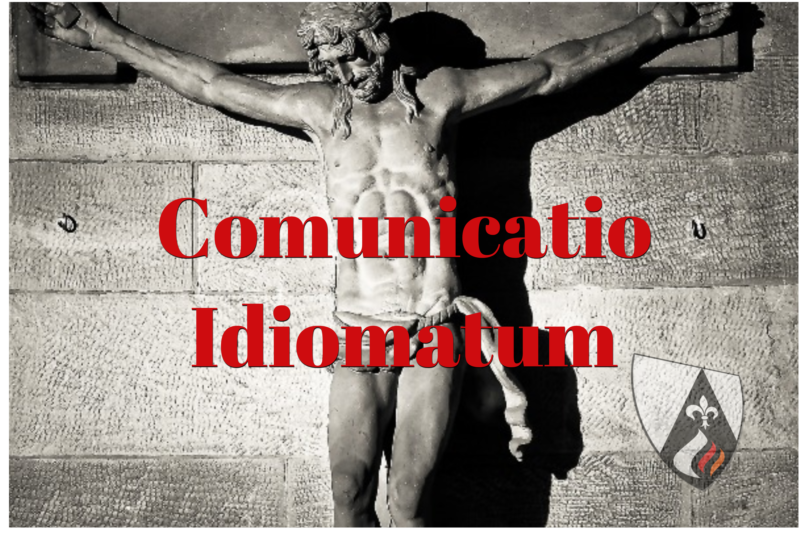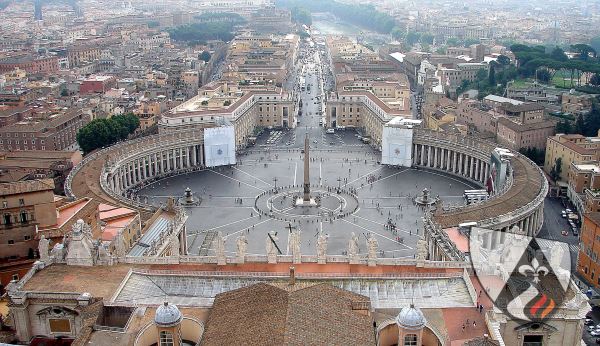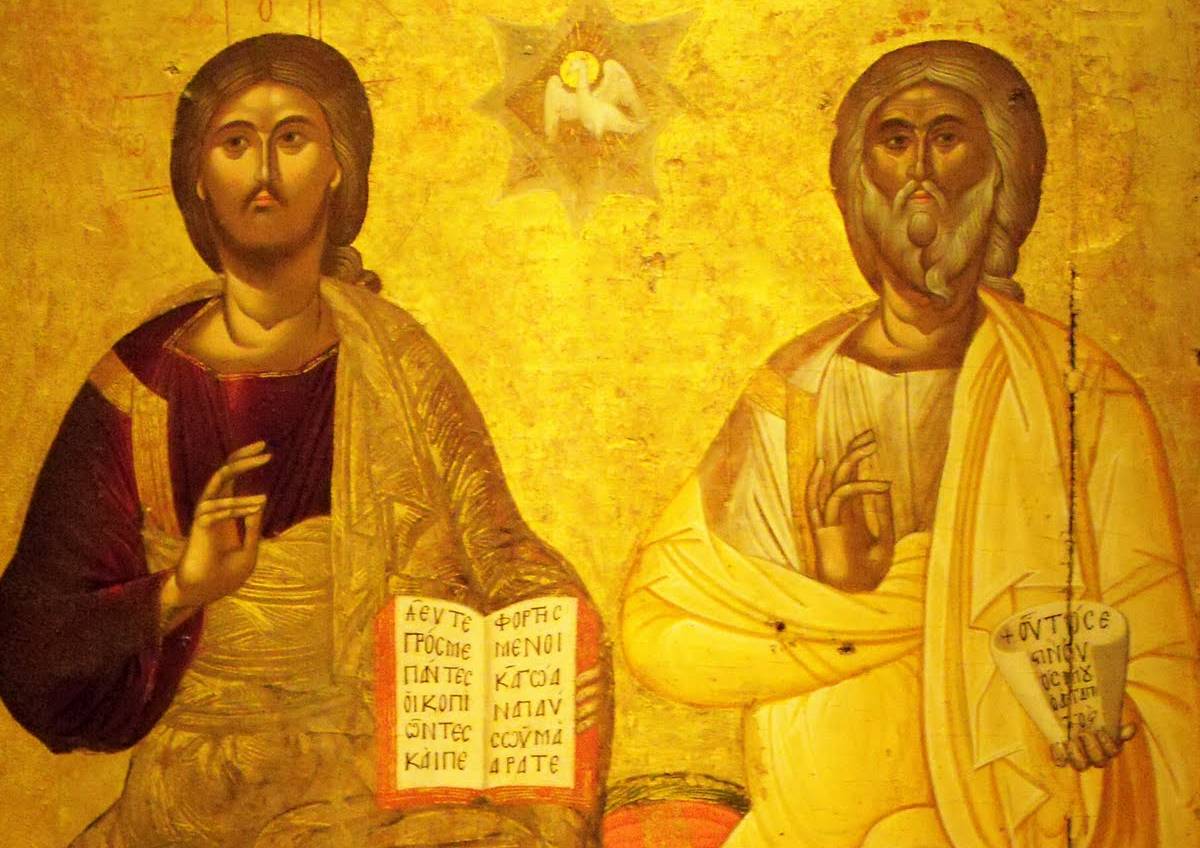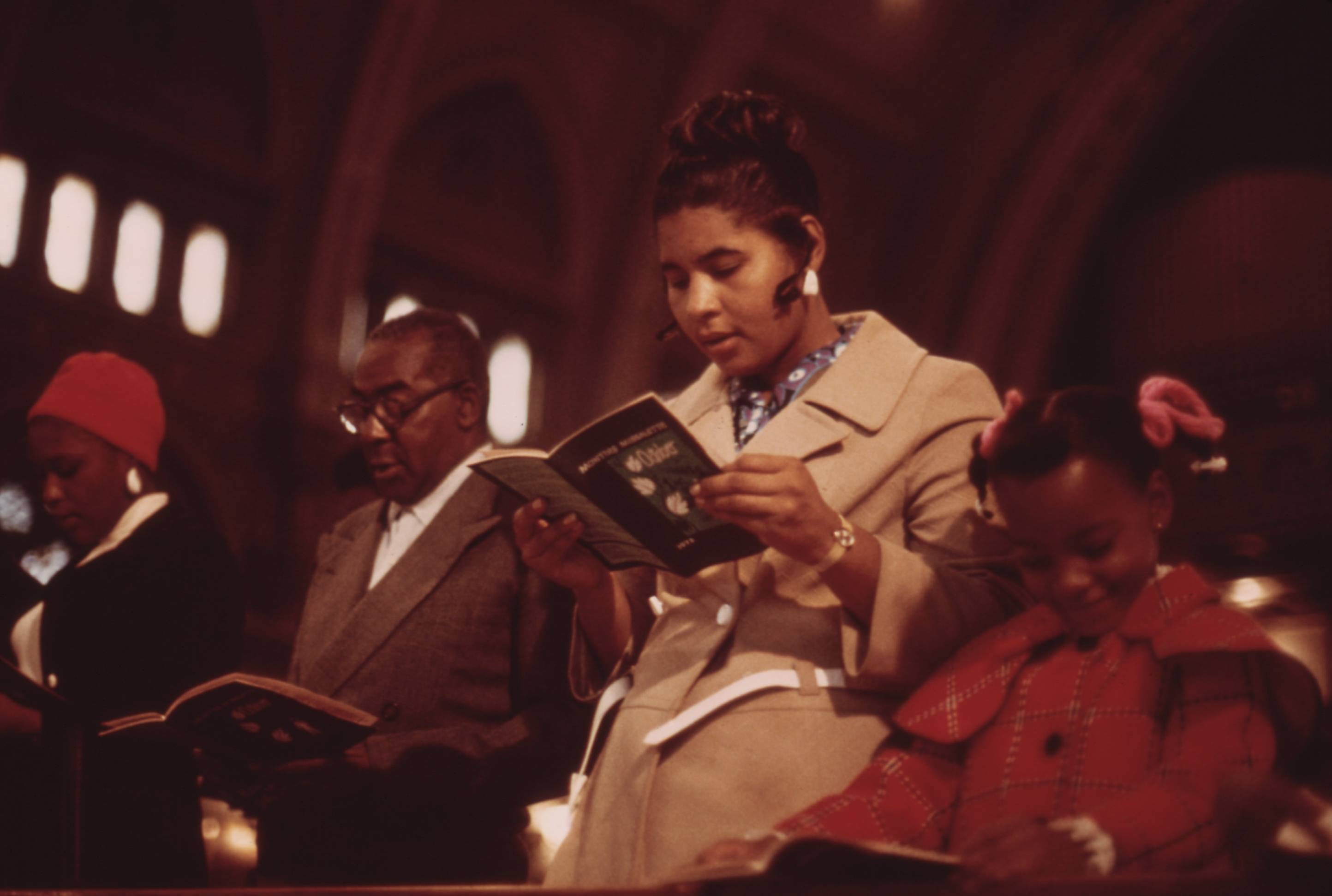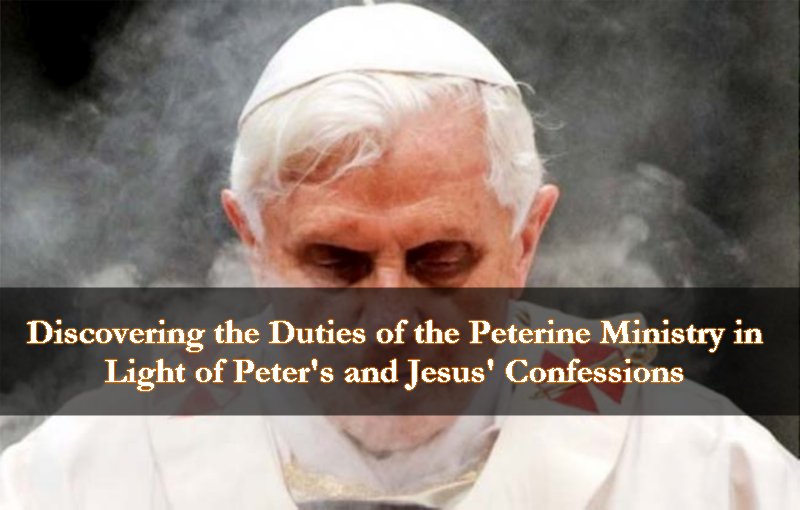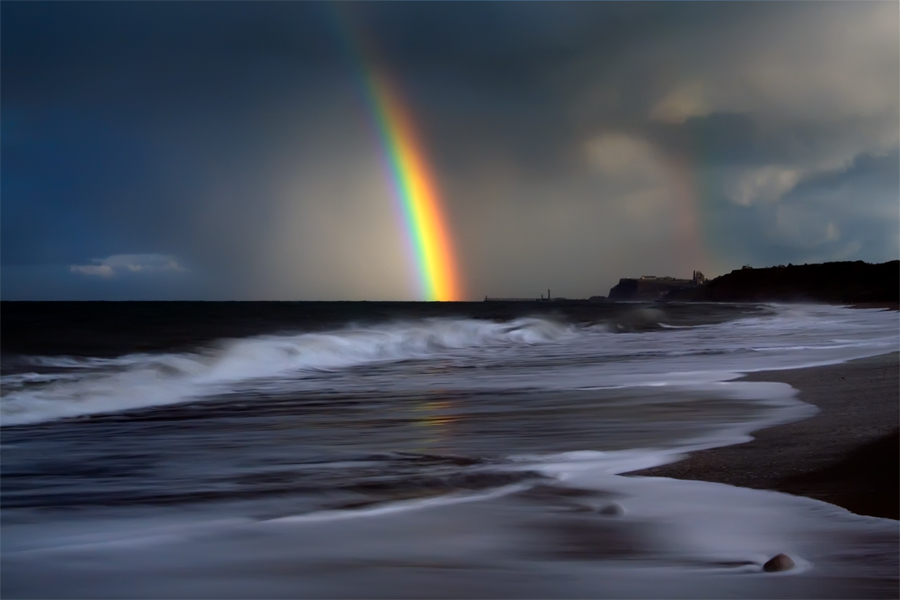
Consecration and the Mass: Why the Eucharist Requires the Sacred Liturgy
Explore David L. Gray's essay on Catholic doctrine asserting that the Eucharist is inseparable from the Mass. It emphasizes proper intention, form, and ecclesial communion, rejecting sacrilegious practices and upholding canon law to protect the

